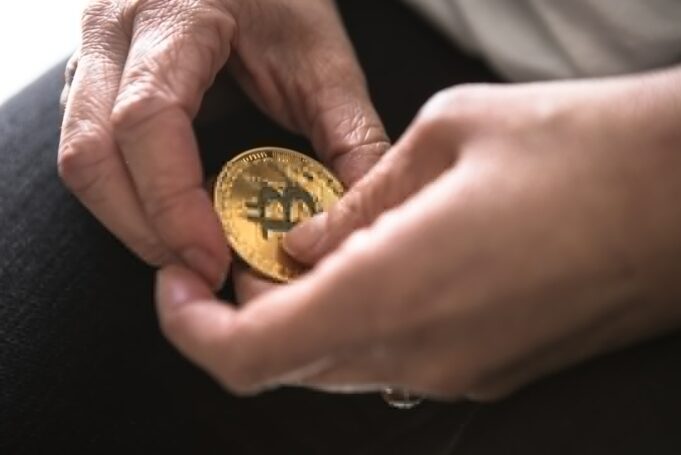Bitcoin mining is a highly lucrative business, and as more people continue to invest in this field, it’s essential to consider the risks involved in using a hot wallet for Bitcoin mining with multiple mining pools. A hot wallet is a digital wallet that is connected to the internet, making it vulnerable to hacking and other cyber threats. Similarly, a mining pool is a group of miners who combine their computational power to increase their chances of solving complex mathematical problems and earning rewards. While using a hot wallet with multiple mining pools may seem like a convenient way to manage your Bitcoin, it comes with significant risks that can lead to massive financial losses.
The first risk of using a hot wallet for Bitcoin mining with multiple mining pools is the possibility of hacking. Since hot wallets are connected to the internet, they are susceptible to cyber-attacks, which can result in the loss of your Bitcoin. Hackers can use various techniques to gain access to your hot wallet, such as phishing attacks, malware, and social engineering. Once they gain access, they can transfer all your Bitcoin to their wallet, leaving you with nothing. The danger of hacking is even more significant when you use multiple mining pools since hackers can target each pool and gain access to your wallet.
Another risk associated with using a hot wallet for Bitcoin mining with multiple mining pools is the possibility of losing your private keys. Private keys are essential in accessing your Bitcoin wallet and making transactions. If you lose your private keys, you lose access to your wallet, and your Bitcoin becomes inaccessible. Losing your private keys can occur in various ways, such as misplacing your hardware wallet or forgetting your password. When you use a hot wallet with multiple mining pools, you increase the chances of losing your private keys since you have to manage several accounts and passwords.
The third risk of using a hot wallet for Bitcoin mining with multiple mining pools is the possibility of network congestion. Bitcoin transactions require confirmation from other nodes on the network, which can take time when the network is congested. When you use a hot wallet with multiple mining pools, you increase the number of transactions you make, leading to congestion. Network congestion can result in delayed transactions, higher transaction fees, and even loss of funds. Additionally, when the network is congested, miners prioritize transactions with higher transaction fees, leaving your low-fee transactions unconfirmed, leading to delays and even losses.
The fourth risk of using a hot wallet for Bitcoin mining with multiple mining pools is the possibility of fraud. Fraud can occur when you join a fraudulent mining pool that promises high returns but fails to deliver. Fraudulent mining pools can also steal your Bitcoin by asking for payment before releasing rewards or by simply disappearing with your Bitcoin. When you use a hot wallet with multiple mining pools, it’s easy to fall prey to fraudulent schemes since you have to trust each pool with your Bitcoin.
The fifth risk of using a hot wallet for Bitcoin mining with multiple mining pools is the possibility of technical failures. Technical failures can occur when the software that runs your hot wallet or mining pool malfunctions, leading to loss of funds. Technical failures can also occur when your hardware wallet breaks down, leading to loss of private keys and, consequently, loss of your Bitcoin. When you use a hot wallet with multiple mining pools, you increase the chances of technical failures since you have to manage several accounts and software.
In conclusion, using a hot wallet for Bitcoin mining with multiple mining pools comes with significant risks that can lead to massive financial losses. These risks include hacking, losing private keys, network congestion, fraud, and technical failures. To mitigate these risks, it’s essential to use a cold wallet, which is not connected to the internet, to store your Bitcoin. Additionally, it’s crucial to research and choose reputable mining pools that have a proven track record of delivering rewards to their users. Finally, it’s essential to use strong passwords and two-factor authentication to secure your accounts and prevent unauthorized access. By taking these measures, you can protect your Bitcoin and reap the benefits of Bitcoin mining.

























